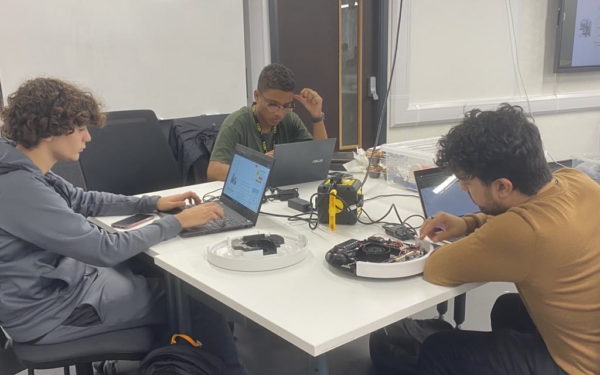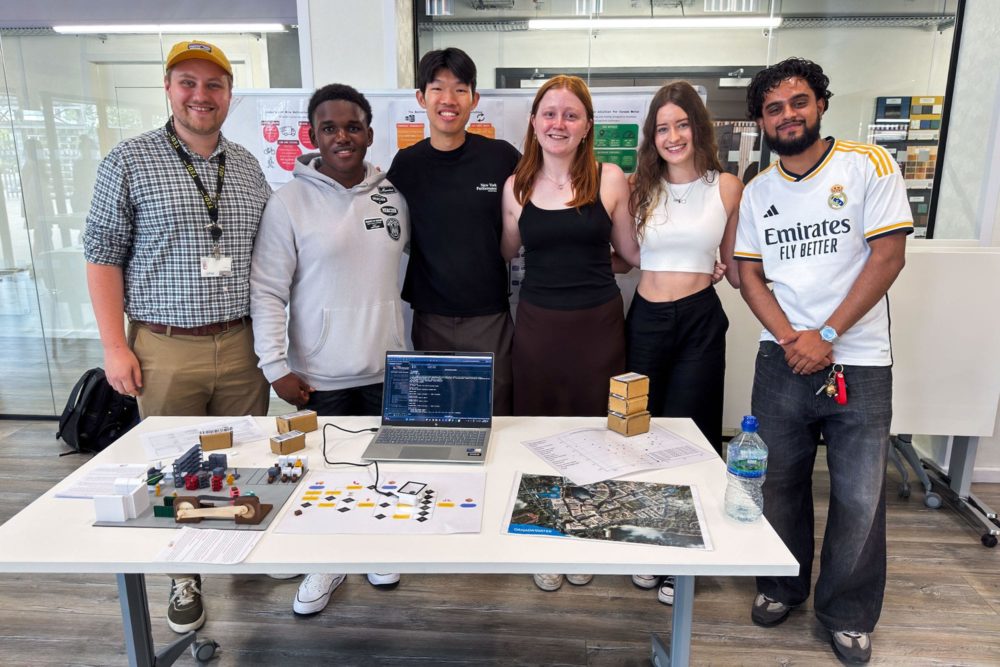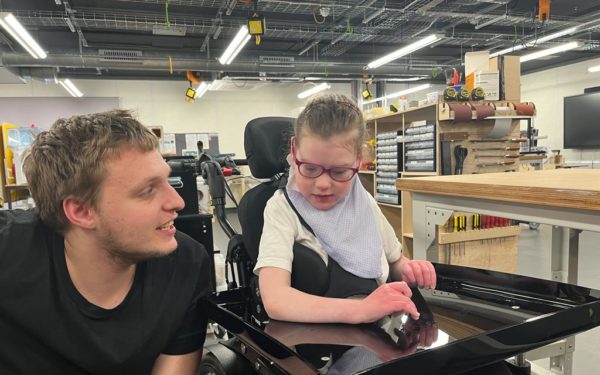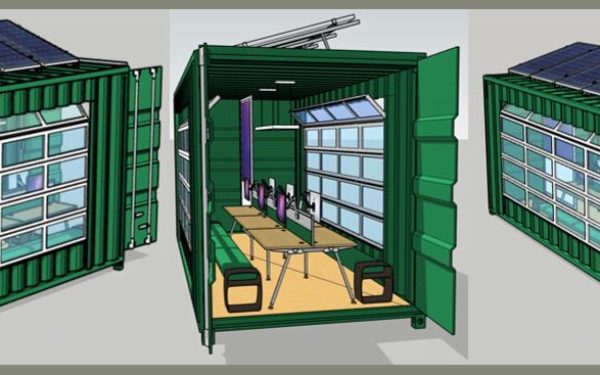
Summer School Students Showcase Transport Solutions for Canada Water

Last week marked the end of TEDI-London’s Summer School 2025, our immersive, hands-on programme designed for current undergraduate and postgraduate students from all disciplines. This year’s Summer School prize was sponsored by The Engineers in Business Fellowship (EIBF), which promotes enterprise competitions in engineering education.
Over the course of three dynamic weeks, five student groups took on the challenge of developing innovative, inclusive, and sustainable transport solutions for Canada Water, a major regeneration site and London’s first new town centre in 50 years.
The Summer School 2025 concluded with a showcase day, where each team presented their ideas and prototypes to an audience comprising peers, industry partners, local community members, and TEDI-London staff. Through teamwork and creative thinking, the students developed solutions designed to promote health, safety, and connectivity in urban spaces.
Take a look at the projects our students brought to life below.
Microhubbies (the winning team)

Microhubbies won the industry prize at the showcase for their innovative approach to improving delivery systems. The team developed a digital prototype that addresses issues such as pollution and traffic congestion caused by traditional delivery methods, proposing electric cargo bikes as a sustainable alternative. A key innovation is their customised algorithm, designed to optimise energy efficiency. This algorithm analyses the package demands in the Canada Water area and organises them into optimised delivery routes and zones.
Lightlane (runner-up)

Lightlane focused on enhancing cyclist safety, particularly in shared pedestrian spaces. The team presented a dynamic light-up lane that activates when motion sensors detect an approaching cyclist. The illuminated lane serves as a visual cue to alert pedestrians and encourage them to make space. White lights indicate the cyclist is moving at a safe speed, while red lights appear if the cyclist is going too fast, signalling both the rider and others nearby. The team opted for a lighting system that can be switched off to maintain space permeability when not in use and switched on when a cyclist is detected.
Bike Storage

Bike Storage showcased a prototype for a safe and accessible bike storage solution in Canada Water. Their proposal integrates secure storage with a versatile community space, allowing people to park their bikes and socialise. The design strikes a balance between aesthetic appeal and practicality, with safety and accessibility standards in mind.
Ride Ready

Ride Ready’s solution emphasises ease of use and enhanced accessibility to cycling. The team targeted existing rental bike schemes such as Santander Cycles and designed modular attachments for their bikes. The primary objective is to enable a broader range of users, including those who may not typically use rental bikes, to do so comfortably and conveniently.
Nightway

Nightway targeted women’s safety on their way home. Building on existing solutions such as flashlights, the team evolved their concept into a solar-powered lighting system with sensor-activated lights. Their design emits light over four times the radius of a standard phone flashlight, illuminating paths to enhance visibility and a sense of safety.
Interested in tackling real-world, practical projects like this one? Check out TEDI-London’s hands-on engineering degree programmes.
More student projects articles


Student Blog: Wheelchair design project
